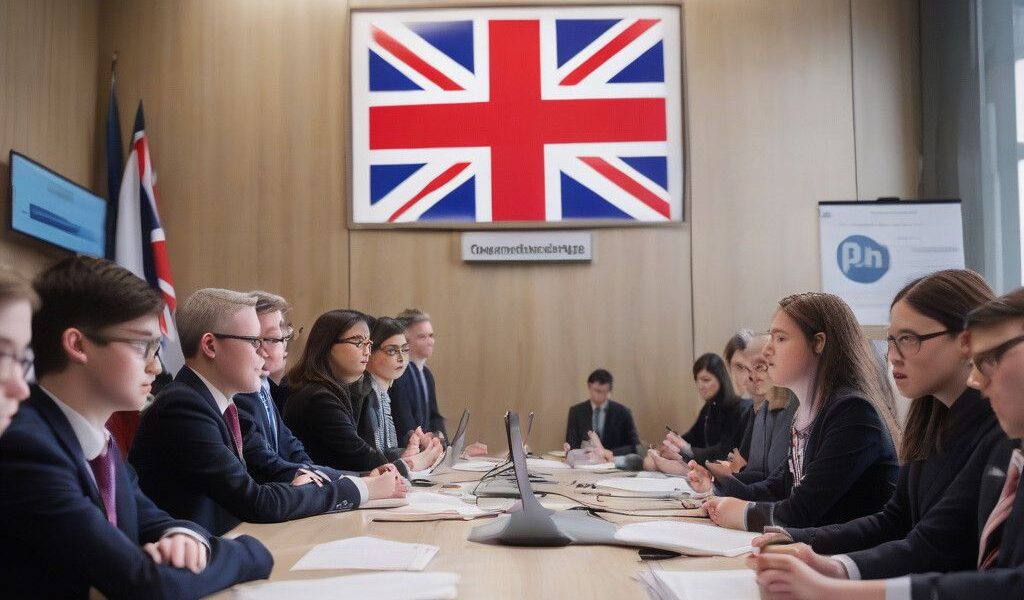UK Minister Rules Out Social Media Ban for Under-16s for Now
The UK government has officially ruled out implementing a ban on social media for under-16s, despite escalating worries about online safety. Peter Kyle, the Secretary of State for Science and Technology, conveyed this decision following discussions with teenagers who expressed their concerns regarding various online platforms.
Kyle stated that banning smartphones for children was “not on the cards” and did not align with his preferred approach. “The key here is to address the issues surrounding online safety without compromising communication channels that teenagers heavily rely on,” he remarked. His emphasis on finding solutions rather than imposing bans reflects a growing understanding of the intricate relationship between adolescents and social media.
Teenagers have voiced increasingly loud concerns about the challenges they encounter online. Platforms like TikTok, Instagram, and Snapchat have come under scrutiny for their addictive features and the dangers they pose to young users. Many teenagers have reported issues ranging from hacked accounts to exposure to distressing content. During discussions, they expressed a clear sentiment: a ban on social media would not only disrupt their social lives but could also drive them to seek alternative means to connect, potentially exposing them to unregulated environments.
Interestingly, some teenagers suggested that if a ban were enacted, they would likely find ways to circumvent it, similar to how they navigate existing restrictions surrounding other regulated activities, such as vaping. This insight sheds light on the complexities of enforcing social media restrictions among youths who are adept at using technology.
While Kyle acknowledged the growing body of evidence regarding the potential harms associated with social media, he and his team are concentrating on balancing safety with accessibility. He emphasized the importance of communication in teenagers’ lives—social media platforms serve as essential tools for connection, collaboration, and self-expression.
The government is also monitoring international trends, including Australia’s proposal for a social media ban for minors. Kyle mentioned that he was in discussions with Australian officials to understand their rationale and the potential repercussions of such a move. Although officials are open to learning from other nations, Kyle indicated that any decision regarding a similar ban in the UK would require careful consideration and extensive consultation with experts and the youth themselves.
A significant facet of Kyle’s discourse centered around the government’s commitment to tackling online harms, particularly the rising concerns about suicide and mental health issues linked to social media use. Kyle highlighted this as a core issue requiring immediate attention, and he underscored the need for more robust support systems and resources to help address these challenges.
The dialogue around social media safety continues to evolve. As various stakeholders—from government officials to educators and parents—explore solutions, the focus remains on aligning regulatory frameworks with the realities of young people’s digital lives. The approach taken by the UK government indicates a broader trend towards seeking collaborative solutions that prioritize education and support over outright bans.
In conclusion, the UK government’s stance on social media regulation for minors reveals the complexities involved in protecting young users while respecting their rights and need for connectivity. Continuous dialogue and informed policymaking will be vital as society navigates the challenges posed by digital platforms.








